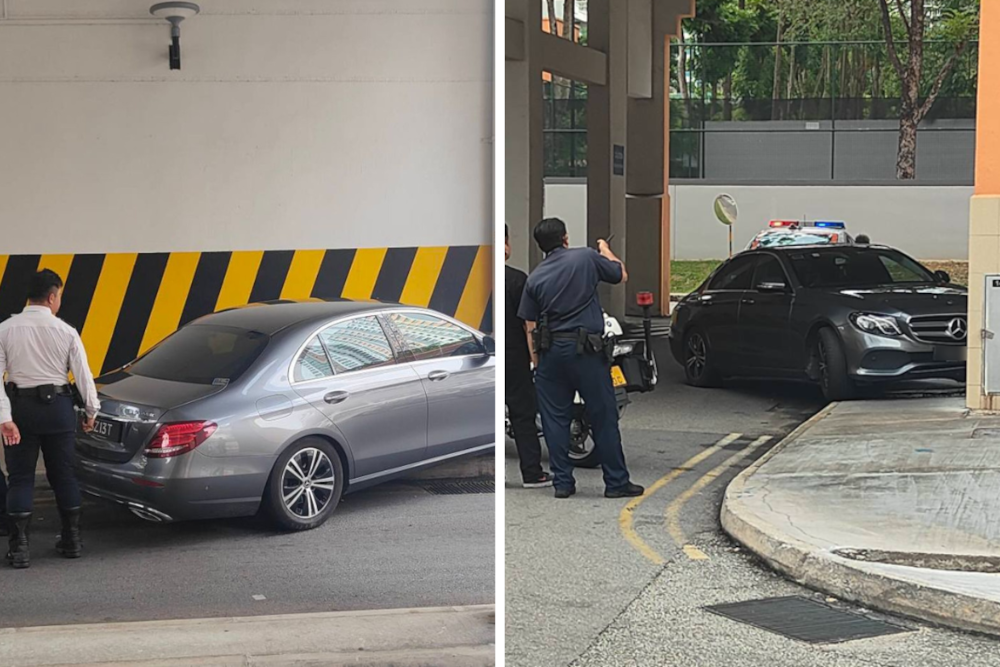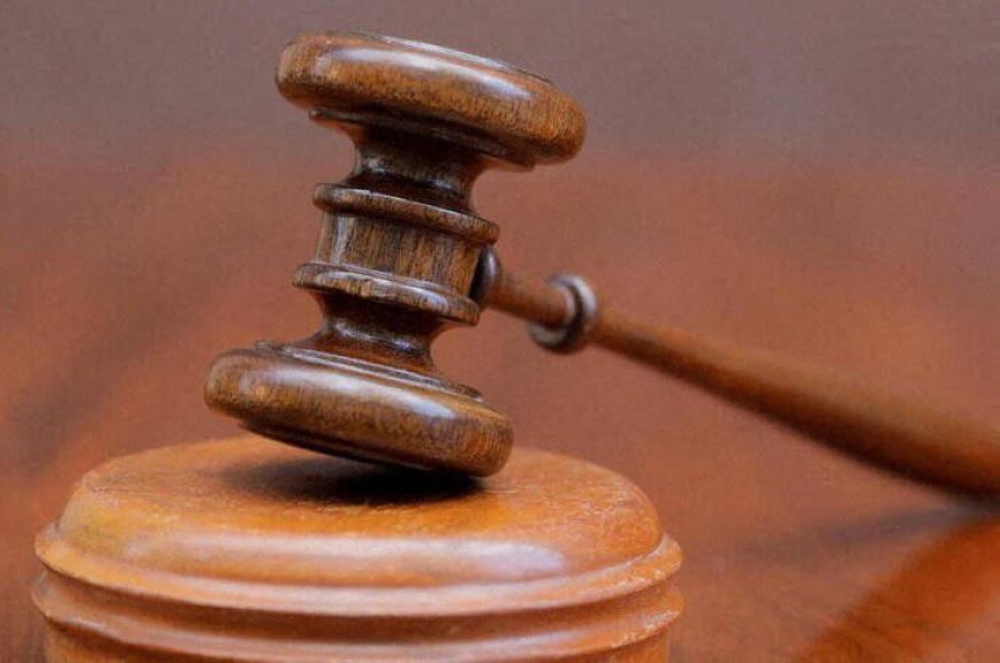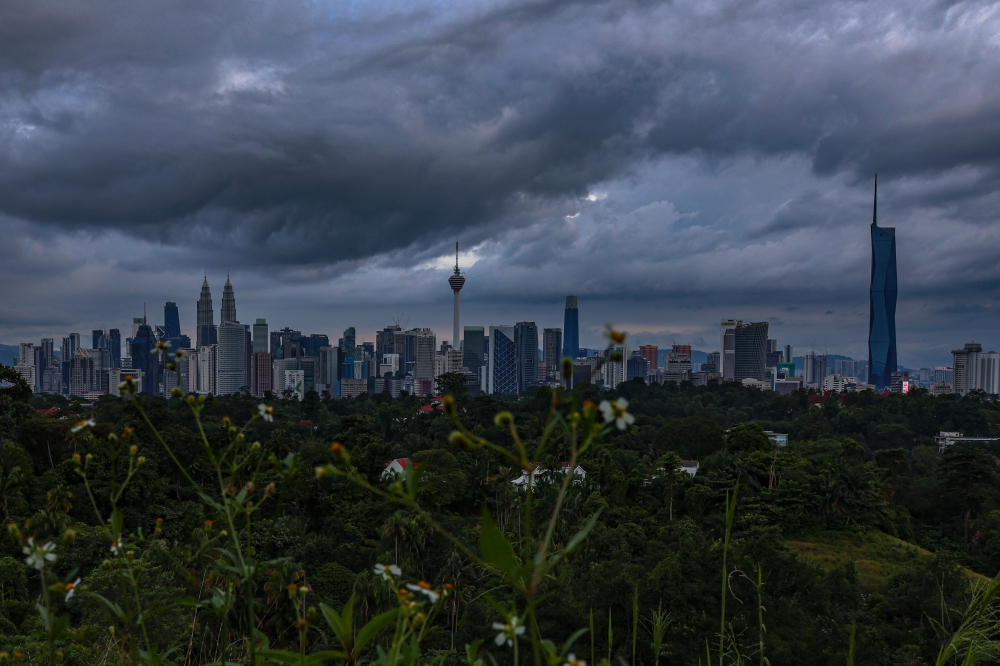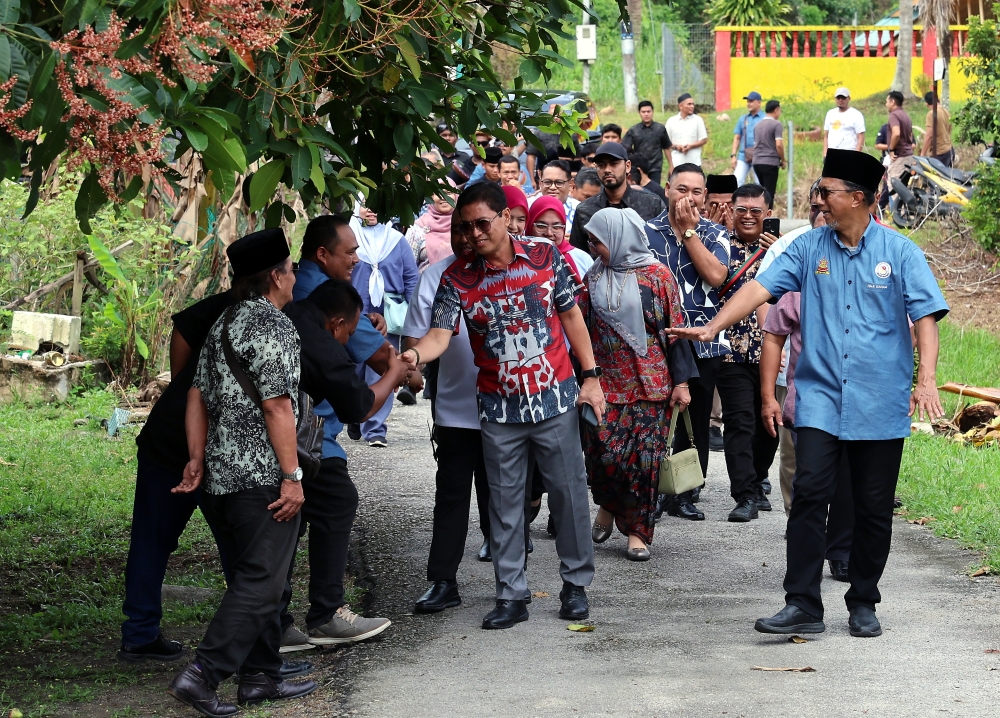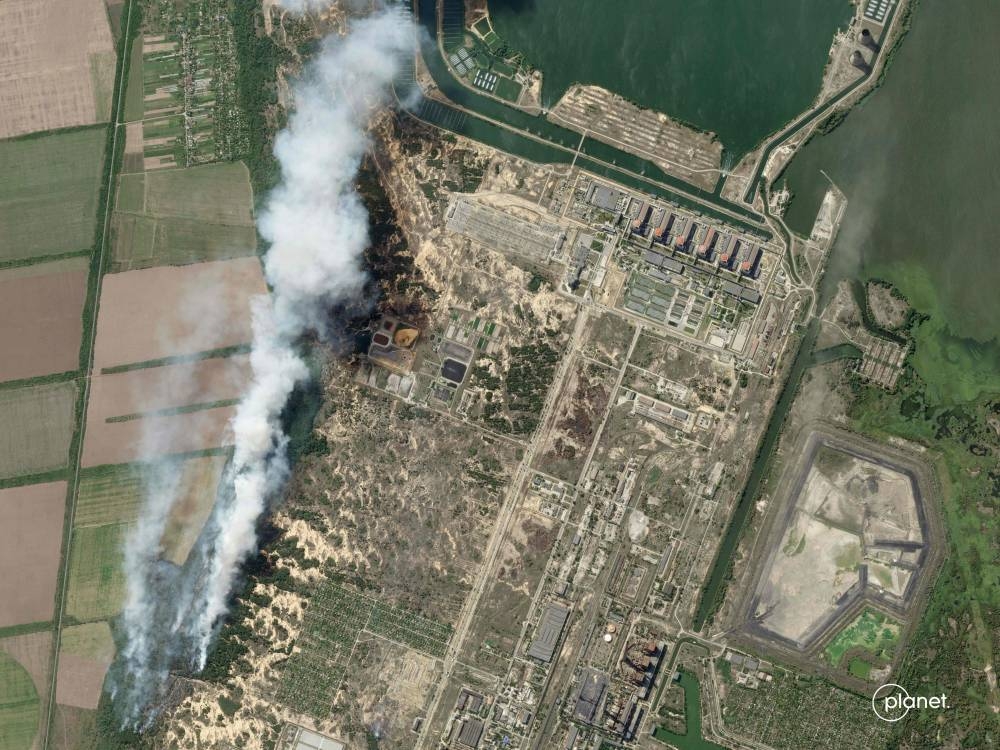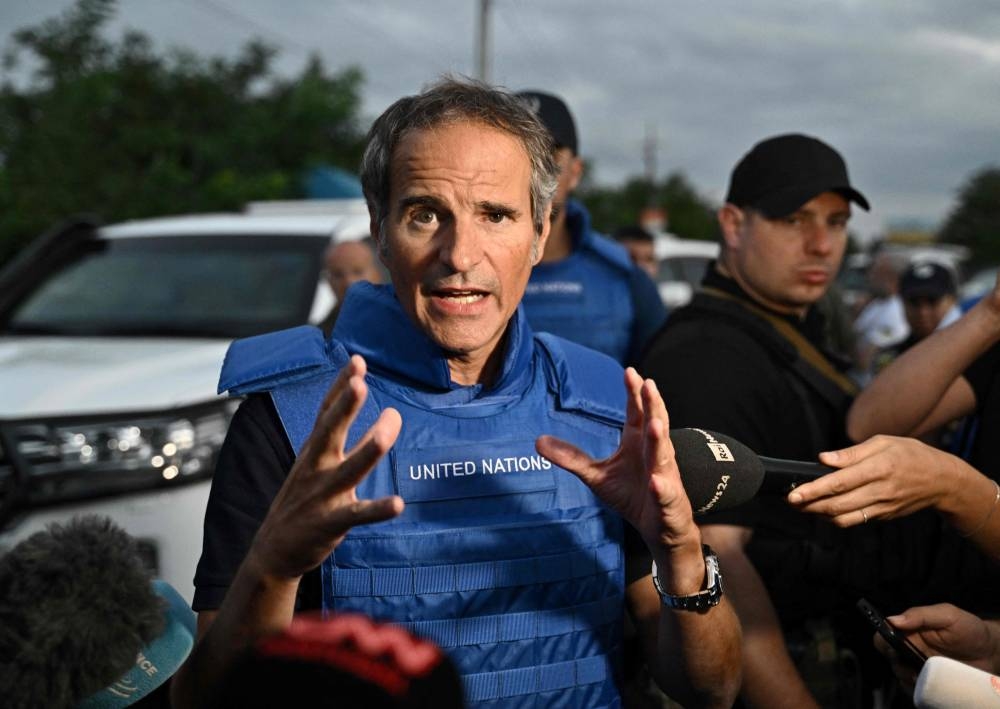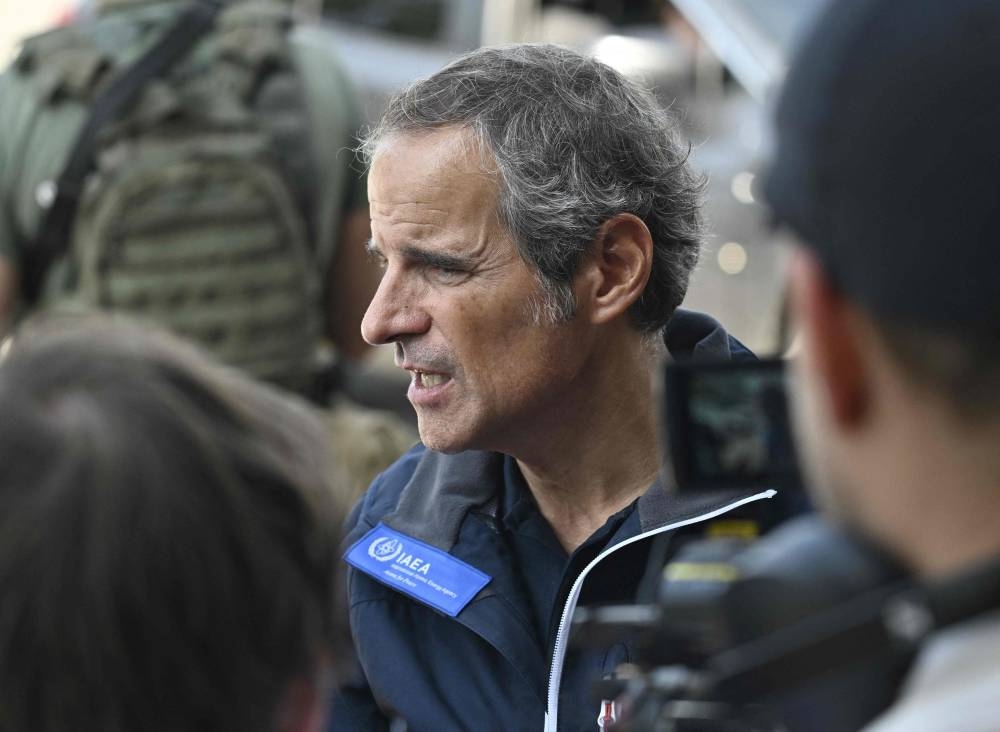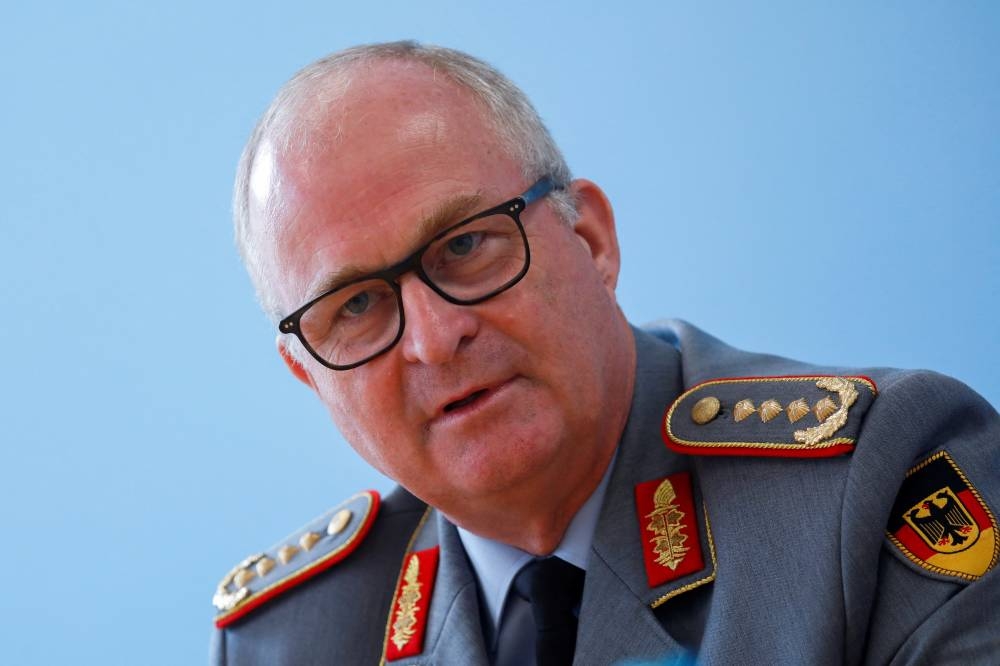KYIV, Sept 3 — Western powers and Moscow hit back at each other yesterday with painful pressure measures on energy as Ukraine said it bombed a Russian base near a nuclear plant that has caused growing concern.
The Group of Seven major industrial democracies vowed to move urgently to set a price cap on Russian oil imports, a crucial source of revenue for Moscow and its war in Ukraine.
“Russia is benefitting economically from the uncertainty on energy markets caused by the war and is making big profits from the export of oil and we want to counter that decisively,” German Finance Minister Christian Lindner said in a press conference after the move was announced.
The aim of the price cap on oil exports was to “stop an important source of financing for the war of aggression and contain the rise in global energy prices”, he added.
Ahead of the decision, the Kremlin warned that the move would destabilise oil markets. It has shown it is willing to use gas supplies to Europe as leverage in what the United States has denounced as “weaponisation” of energy.
As if on cue, Russian gas giant Gazprom said it had halted gas deliveries to Germany for an indefinite period as there were leaks in a turbine.
Gazprom earlier said it expected a resumption today of gas shipments through Nord Stream, a pipeline — denounced at its inception by Russia’s critics — that links St Petersburg to Germany under the Baltic Sea.
“The reliability of the operation, of the whole system, is at risk,” Kremlin spokesman Dmitry Peskov said, blaming a lack of spare parts.
Siemens Energy, the German manufacturer of the turbine where Gazprom said it identified problems, said that the leaks identified by the Russians were not a reason to stop operation.
Fighting near nuclear plant
The showdown on energy comes amid growing alarm over Europe’s largest nuclear plant, Zaporizhzhia, which is under occupation of Russian troops.
Ukraine said it bombed a Russian base in the nearby town of Energodar, destroying three artillery systems as well as an ammunition depot.
Dmytro Orlov, the pro-Kyiv mayor of Energodar in southern Ukraine, told AFP from his location in exile that phone services in the town were badly disrupted.
A 14-strong team from the International Atomic Energy Agency (IAEA) is visiting Zaporizhzhia, with the UN nuclear watchdog’s chief, Rafael Grossi, saying that the site had been damaged in fighting.
The Ukrainian army charged the Russian forces had removed their equipment from the site before the UN team arrived on Thursday.
Russian troops seized control of the site in early March. There have been repeated attacks in the vicinity but both Moscow and Kyiv have denied responsibility and blamed each other.
UN inspectors spent their second day at Zaporizhzhia yesterday. Russia’s envoy to Vienna, Mikhail Ulyanov, said six IAEA inspectors would stay behind for several days and that two more would remain there “on a permanent basis”.
“We welcome this because an international presence can dispel the many rumours about the state of affairs at the nuclear power plant,” he told Russian news agency RIA Novosti.
‘Stop playing with fire’
Red Cross director general Robert Mardini on Thursday warned the consequences of hitting the plant could be “catastrophic”, saying “the slightest miscalculation could trigger devastation that we will regret for decades”.
“It is high time to stop playing with fire and instead take concrete measures to protect this facility ... from any military operations,” he told reporters in Kyiv.
Ukraine has accused Russia of storing ammunition at Zaporizhzhia and deploying hundreds of soldiers there.
It also suspects Moscow is intending to divert power from the plant to the nearby Crimean peninsula, annexed by Russia in 2014.
Meanwhile, Ukrainian troops pressed ahead with a counter-offensive in the nearby region of Kherson to retake areas seized by Russia at the start of the invasion.
The president’s office said explosions had been heard across Kherson throughout Thursday night and that “heavy fighting” was taking place in two areas just up river from Kherson city, the regional capital.
In the eastern Donetsk region, four people were killed and 10 wounded in various shelling incidents, while another died in the north east when a village was hit near Kharkhiv, Ukraine’s second city.
Despite the conflict, now in its seventh month, children started a new school year on September 1, although in several regions that meant lessons online due to the ongoing fighting.
“I’m happy to be back at school but I would be even happier if there was no war because I miss my teacher and my friends,” nine-year-old Antonina Sidorenko, told AFP, with the distant crackle of gunfire in the background. — AFP








